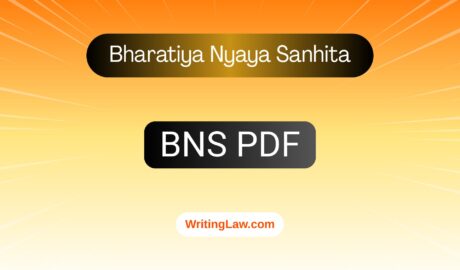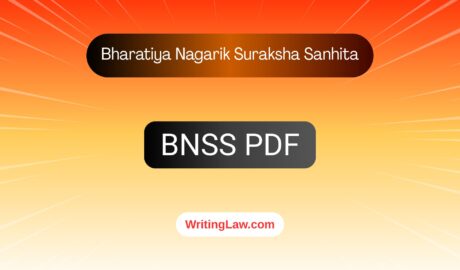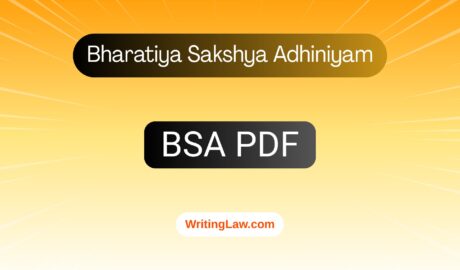Section 393 CrPC
393. Finality of judgments and orders on appeal. Judgments and orders passed by an Appellate Court upon an appeal shall be final, except in the case provided for in section 377, section 378, sub-section (4) of section 384 or Chapter XXX: Provided that notwithstanding the final disposal of an appealRead…








